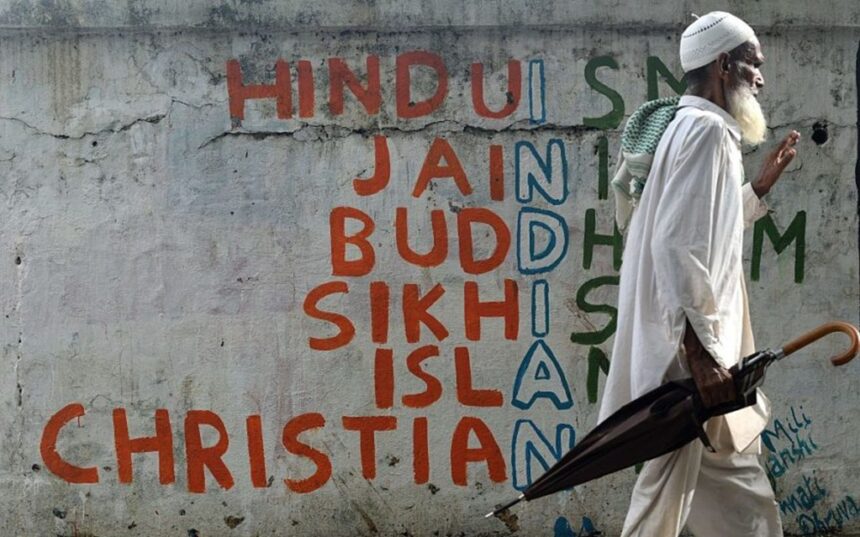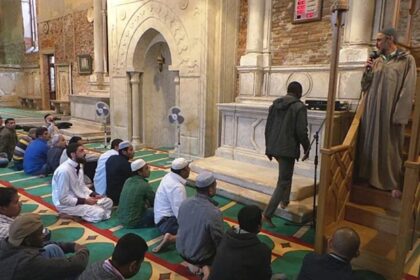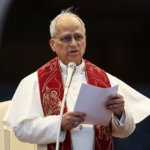NEW DELHI – Attacks against Christians are rising across India as Hindu nationalist groups push for a stronger focus on Hindu values. Reports from the Evangelical Fellowship of India’s Religious Liberty Commission (EFIRLC) and International Christian Concern (ICC) show a sharp increase in incidents.
In 2024, there were 640 confirmed attacks on Christians, compared to 147 in 2014. This surge, led by Hindu nationalist ideas, is straining the country’s religious harmony.
Groups like the Vishva Hindu Parishad (VHP) and Bajrang Dal have played a big part in this effort. Often connected with the Bharatiya Janata Party (BJP), these organizations seek to shape India’s identity around Hindu beliefs, pushing minorities such as Christians to the margins. Christians make up about 2.3% of India’s population, according to the 2011 Census.
The Hindutva movement, which links being Indian with Hindu culture, has encouraged mobs to act, often under claims of defending Hindu traditions, including cow protection.
Christian families feel vulnerable.
In early 2025, tensions flared in Chhattisgarh. Hindu leaders like Aadesh Soni and Shankaracharya Avimukteshwaranand Saraswati called for violent acts against Christians, accusing them of cow slaughter, which is a serious offence in Hinduism. Soni singled out villages with many Christian families, even urging attacks on 1 March.
The planned assault was cancelled after widespread outrage and strong resistance from Christian groups. Despite this, threats and hate speech shared online have left many Christian families feeling vulnerable.
Anti-conversion laws in some regions have made matters worse. Over eight Indian states have these rules, and they are often used to target Christians. Claims of forced conversions sometimes trigger violence.
In Uttar Pradesh, there were 36 reports of hostility towards Christians in 2024, including disrupted prayer meetings and forced returns to Hinduism. In Bhopal, on 8 June 2025, Hindu extremists stormed a Christian meeting, harassed women and the elderly, kidnapped a pastor, and threatened the homeowner’s property.
The scale of suffering is clear. In Bastar, Chhattisgarh, Pastor Subhash Baghel’s body was kept in a mortuary for three weeks in February 2025. Local Hindu tribal groups refused to allow his burial, saying it went against village customs.
Modi Denies Christian Persecution
Incidents like this show Christians being denied basic dignity even after death. The United Christian Forum has reported more than 4,000 attacks in the past decade, including church arson and mob assaults. Hostility is becoming more frequent.
Some critics say the BJP-led government’s lack of response, or quiet backing, has given space for these attacks to grow. Prime Minister Narendra Modi insists that Christians are not widely discriminated against.
He highlights government schemes like rural electrification as benefits for all. Human rights groups point to an increase in hate speech and new laws targeting minorities, such as changes in Kashmir’s status. The United Nations has called on India to act against violence towards religious groups.
Christian leaders have asked for action. On 11 June 2025, Christians in India appealed to President Droupadi Murmu, describing attacks in places like Surat where extremists disrupted church services with false claims of forced conversions.
Despite these calls, many media outlets repeat Hindu nationalist messages, drowning out Christian perspectives.
India’s commitment to secular values is facing a serious challenge. Growing aggression against Christians is raising new concerns about religious freedom. The US Commission on Religious Freedom and other organizations have pushed for sanctions against Indian officials who target minorities. Without meaningful changes, ongoing violence could deepen divisions in a country that prides itself on its diversity.







